Over the past decade, gamers have become ever more dependent on video games telling them how they are played and what to do. For those few occasional games that don’t, it often leads to heavy criticism and an equally as heavy deduction in review scores. But should those video games that don’t hold a player’s hand but really criticised for it?
To get the answer to that question we must take a look at the way video games used to be, how they are now and the society of then compared to the modern that we live in.
How it used to be
Due to the limitations of hardware memory limits back in the early 90s, having fully detailed step by step tutorials in games was not possible. Instead, controls, backstory and details on how the mechanics of a game worked were found in its manual that came with it.
This resulting in the games themselves never holding the player’s hand, forcing them to either read the manual or figure things out for themselves. More often than not the player would press on and figure the answer on their own, to stop playing the game and read a manual is boring after all.
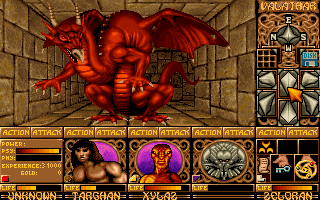
While it resulted in the player possibly struggling to come to grips with the game at first, without on-screen tutorials, it didn’t slow down the gameplay in any shape or form. It also means that if the player already had a fair idea how the game worked, they didn’t have to go through tedious mandatory tutorials.
It was a time where the internet was in its most primitive stage, a time the answer to any question wasn’t just a click away. If you were perhaps stuck in a game, you couldn’t just look up the solution. You either had to figure it out or have a friend help you if they knew the answer.
What exactly is my point you are probably wondering? Allow me to reply to that with a question of my own, were games criticised for not having on-screen tutorials and instructions then? The answer to that is no and that is the point I am attempting to make with this segment of this article.
Society and how people acted were very different back then. If they came across an obstacle, they overcame it generally using their own intellect or methods of problem-solving. Today, however, things are quite the opposite.
The way it is today
Video games today are quite the opposite to what they used to be. Practically every single game you play, has on-screen instructions being shoved in your face left, right and centre. It doesn’t matter if you are a veteran of the genre or not, the game will still give instructions and quite frankly, it really pisses me off.
I don’t mind receiving instructions on a game that has a never before seen mechanic or gameplay. But for those that offer a similar experience to dozens of other games, there should at least be a bloody option to turn off the tutorials. Most of the time there isn’t.
Now, you might be thinking I am being a petty by saying all this but I have a reason for it. In the society that we live in, we have become so accustomed to getting every answer we need with a simple click be it through a computer or mobile phone, that we don’t even think for ourselves anymore.
When was the last time you came across an obstacle you couldn’t figure out and didn’t immediately look up the answer on the internet? I beg it has been a damn long time and I am just as guilty of this myself. The point I am making is, that when a game doesn’t explain everything to the last detail, people get very upset about it.
This is because every answer we seek is at our fingertips at all times. Some games are designed to be vague and purposely don’t tell you every little thing you need to understand them. But is that reason to hate it?
Don’t hate a game because it doesn’t tell you everything
My bitterness and reason for this topic come from the general response to the video game Knock Knock and others similar to it. The general players and professional critics alike mostly hated the game for the reason that it doesn’t hold your hand.
But that is the point of the game and its character. You are playing as and receiving advice from a character who is near insane. Imagine having a discussion with such an individual. Do you think their words would be crystal clear in showing what they are attempting to explain? Of course not.
And that is exactly what the developer did and they got heavily criticised for it. Am I just a frustrated fan who’s beloved game got a heavy beating and decided to have a rant about it? No. I am not. What I am doing is pointing out the principle of the matter and that is something shouldn’t be hated because it doesn’t give you the answers in a crystal clear manner.
We have become so used to having all the answers to our questions in an instant that as soon as something appears that doesn’t give us the answers we want, we tear it apart. If it isn’t understood or you don’t agree with it, destroy it. It is the way of modern society, yet not a good philosophy to live on.
Some of the most intriguing things and instigation of discussion come from the those that we cannot explain. So why can’t video games that don’t explain everything be treated with the same respect?
My answer to the original question of should video games be criticised for not holding the player’s hand, is simply no, they shouldn’t. Some games are simply designed that way for a reason. Sometimes it is to fit in with the world the game is set in others it is just to have a game the way it used to be.
Either way, a game should never be criticised simply because it doesn’t hold your hand. After all, as adults we haven’t gotten to where we are, having our hand held our entire lives. So why should we act any differently, when it comes to video games?

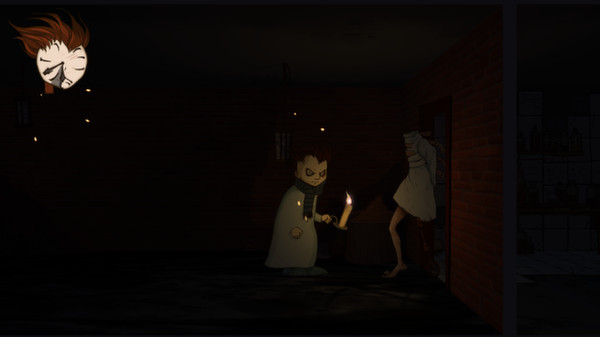
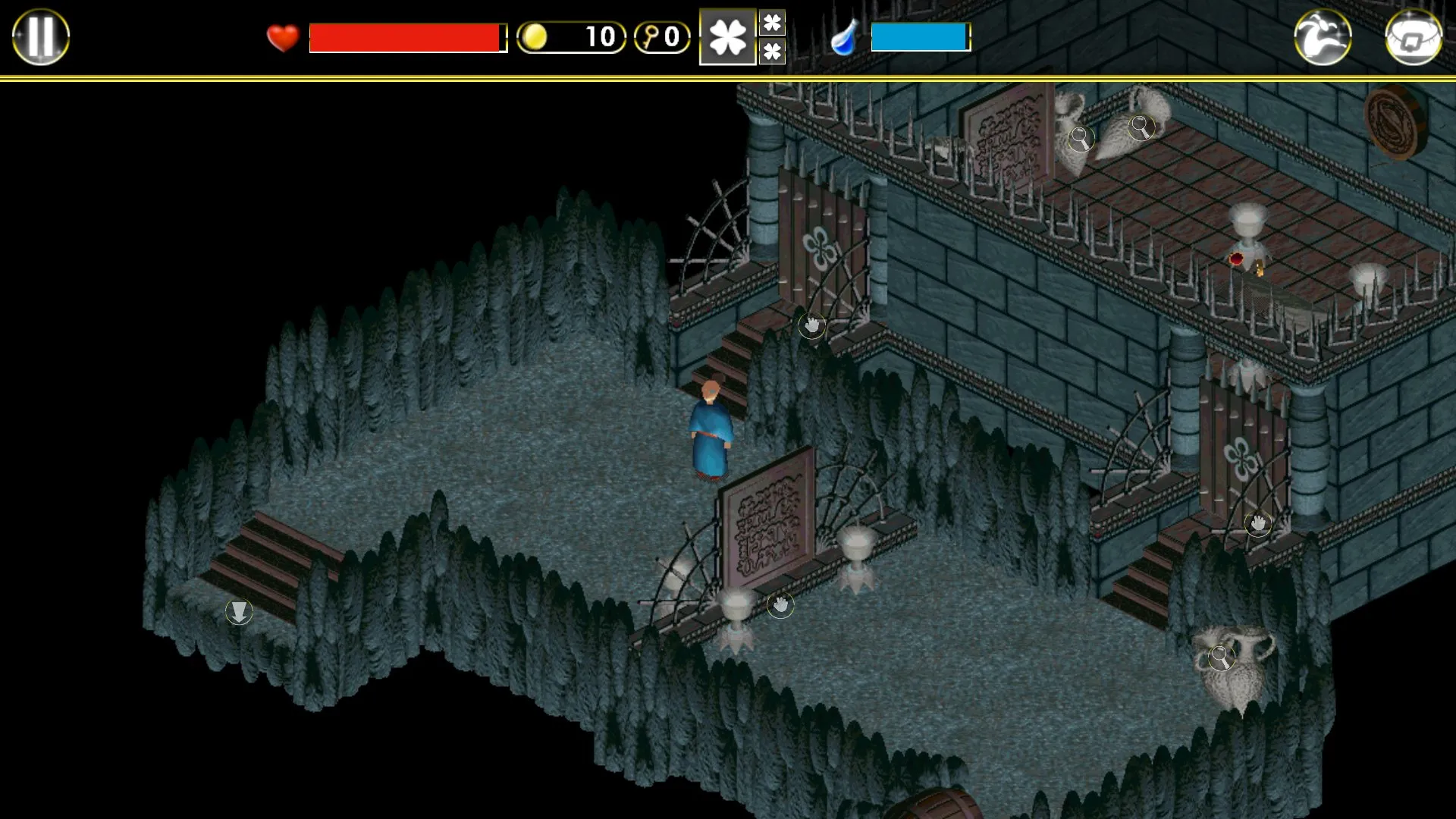
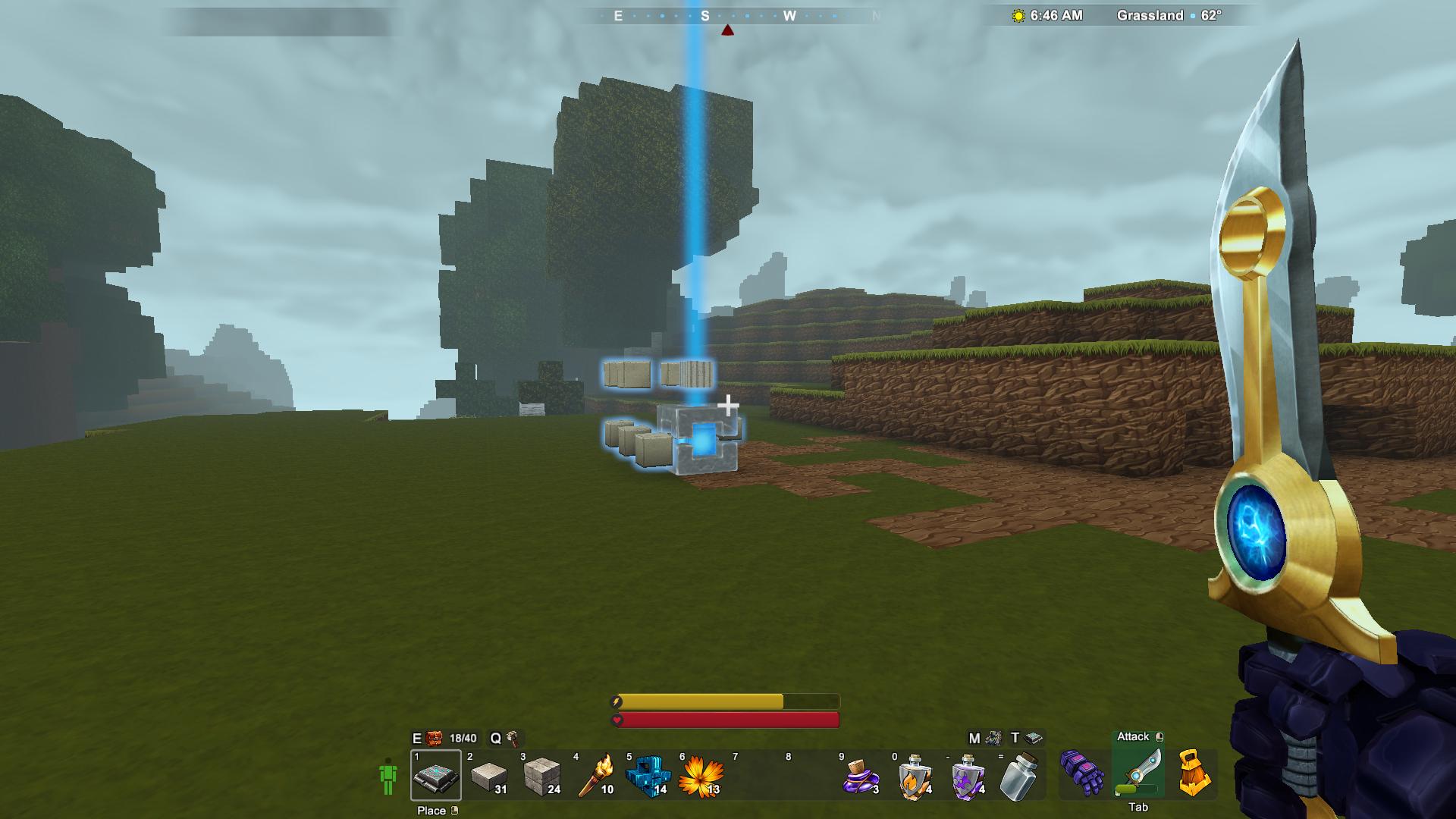

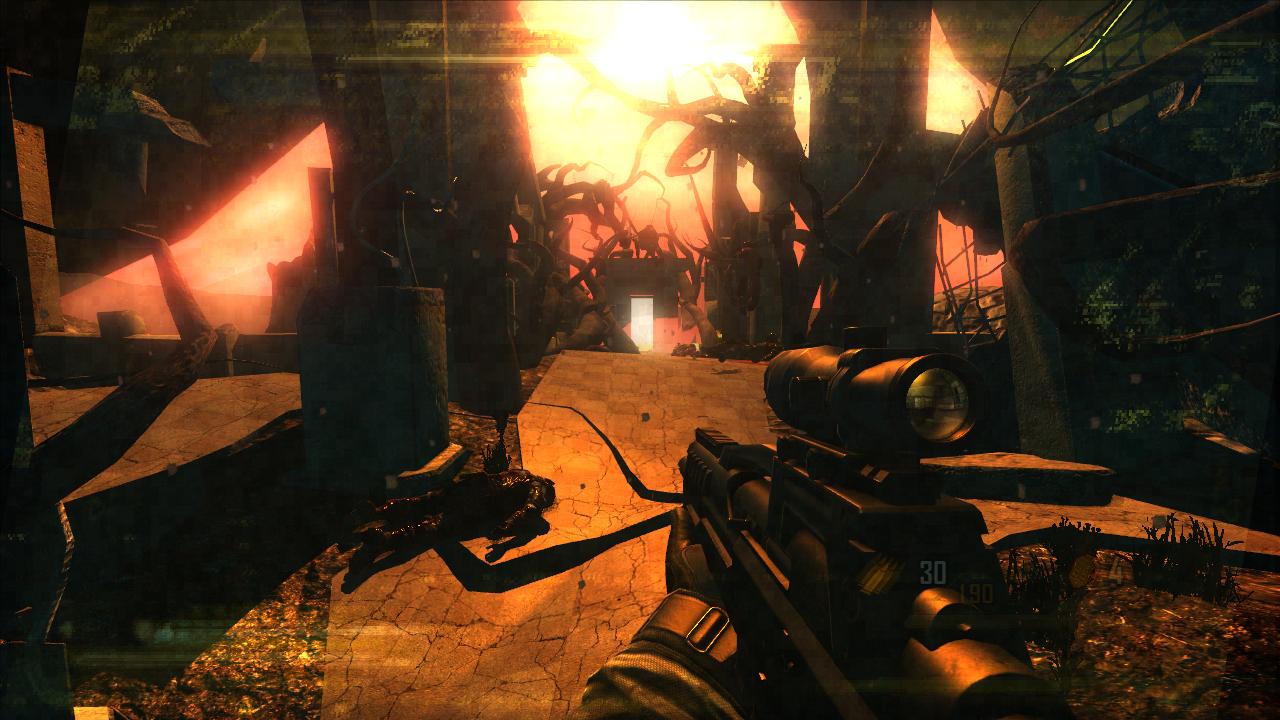





Published: Mar 31, 2017 2:30 PM UTC